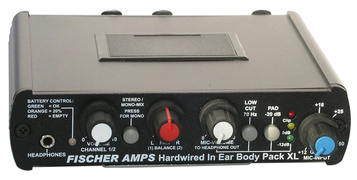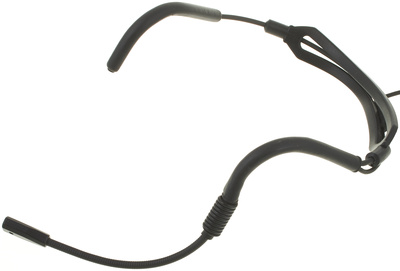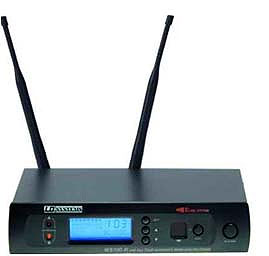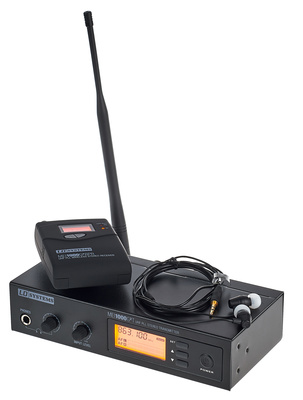I wonder if anyone has ever actually tried to herd cats? Its seems unlikely. But you can imagine what it would be like. Cats are not pack animals. They are fiercely independent, self-focussed, random and un-tameable. They do what they want, when they want to, and never ever do what you want them to, when you want them to do to it. Plus, those teeth and claws. Ouch.
Yes, I imagine herding cats is impossible, but attempting to herd them .... well that would be a sight to behold.
That's how I feel trying to organise a band is like. Notice I say organise, not manage. Managing a band is relatively easy. You arrange stuff, you make sure the band know about it. Sure there's a little more to it than that, but that's the basis of band management. Organising a band though, that's as impossible as the cat thing.
I reckon, like the cat analogy, the difficulty rises exponentially every time you add another member to the equation. Organising a duo? No gift I would imagine (never having been in one), but certainly not impossible. Organising a trio? Surely that's more than twice the difficulty of organising a duo. Just trying to reliably get three people in the same place at the same time ... that's some serious shizzle. Add a fourth member to that and I can see that graph tilting up toward the vertical. That's an exponential curve. Much more than twice as hard as the trio. Getting four people sorted is verging on the impossible.
 |
| an example exponential curve |
And impossible to organise.
Seriously, impossible. Or something approximating it.
If it were a mineral, it would be impossibilium.
Five people, who all have day jobs, social lives, other halfs, vacations, even kids. Trying to get them organised is a herculean task. Even if you try it, if you attempt to navigate the calendars (if you're lucky), the personal preferences, the school runs and the standing instructions (never two gigs in a row, never more than two things in a week, average of two gigs per month, never on a school night, nowhere you can't park, never a place that has stairs etc) you will be branded a control freak just for attempting the impossible. And you still won't make it happen.
I've been in a band for four years, and for four years we've been trying to organise a photo shoot. We've changed two band members three times over those four years ... and most of those line-ups can't have existed, because there's no photographic record of it ever happening.
I totally get why some people swear by three-piece bands. That's still hard to organise and harder still to fill that sound out with only the three of you. But surely even given that, it's got to be better than herding cats?!
 |
| Herding Cats |



























